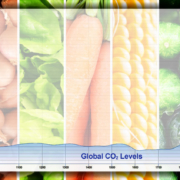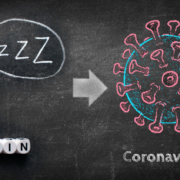The Bottom Line on Fasting
In the past four Memos, I’ve focused on explaining fasting. The questions I left you with on Saturday were: “Is it worth it to fast? Is it effective? Is there science to support it?” The answer to all three is yes. I think it can be summed up in one quote from the reference.
“In response to starvation, mammalian cells enter either a non-dividing or a low-dividing state and invest energy resources in cellular protection against various insults.”
While the statement is complicated, it means that metabolism is decreased. That allows the body to shift energy sources from glucose to fat metabolites such as ketones. The body focuses on reducing the production of proteins that can be destructive, such as inflammatory hormones, thereby protecting cells. It also helps improve the immune system so it functions better. The stress of reducing food intake in a controlled fashion helps cells function better.
The research review is available for free; it goes into more detail but demonstrates that fasting is beneficial when used properly. The bulk of the research is on the two- to-five-day fast with fewer than 1,000 calories on the fast day; I’ll use a two-day version before my knee replacement next week to help my body prepare. Just be sure to check with your physician before you fast if you have any metabolic issues such as diabetes or if you take medications, both of which can be impacted by restricting food.
Wednesday is the final scheduled Insider call of 2021. This may be the time to join to help you achieve your health goals in 2022. Hope to see you (or hear you) at 9 p.m. Eastern Time.
What are you prepared to do today?
Dr. Chet
Reference:Trends Endocrinol Metab. 2018 April; 29(4): 271–280.









